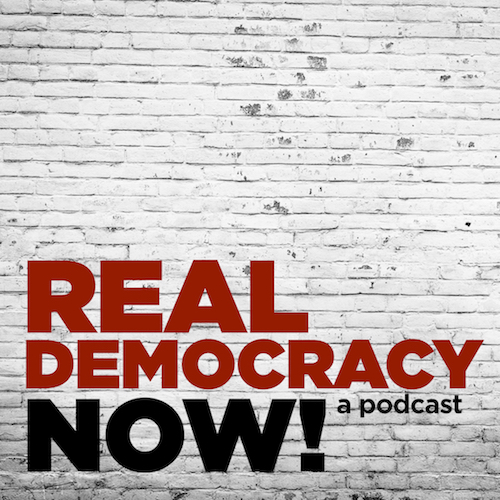In this episode, I’m talking with Antony Green about the Australian electoral system and Vote Compass, a tool which allows voters to explore how their views align with the major parties.
Antony is an Australian psephologist and commentator. He is the Australian Broadcasting Corporation’s election analyst. As well as being an Adjunct Professor University of Sydney in the School of Social and Political Sciences.
I spoke with Antony about how he came to be Australia’s best-known election analyst – he said he was in the right place, at the right time, with the right skills.
He identified three institutions which define Australian politics:
- Compulsory voting
- Preferential voting
- Bi-cameral Houses of Parliament
And highlighted a couple of institutional challenges in Australia
- The power of our Senate undermines the mandate given to the House of Representatives to implement the policies they took to the election
- Strict rules around what counts as a validly completed ballot paper results in around one-third to a half of all votes being considered informal.
I also asked Antony what he thought of the idea of a Citizens’ Senate. He noted that it would be difficult in practice due to the need to amend the Australian Constitution and that there would be many questions to be answered about how it might work in practice.
Anthony has been involved in the development of Vote Compass here in Australia and I asked him about the benefits and limitations of the tool.
My interview with Antony was recorded some time ago and we are currently in the midst of a Federal Election here in Australia. As Antony suggested in his comments on Vote Compass, it has been extended to include the ultra-conservative party One Nation. It will be interesting to see the impact of a party to the right of the Liberal/Nationals on where people’s policy preferences align.
If you would like to see how your policy preferences align with four of the political parties contesting the upcoming 2019 Federal Election visit the ABC’s Vote Compass.
